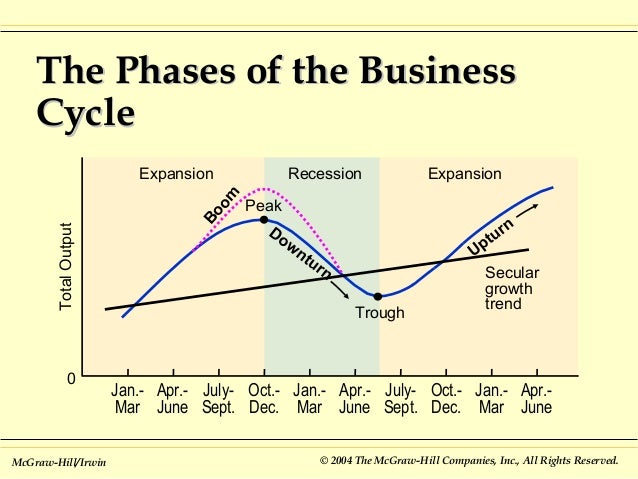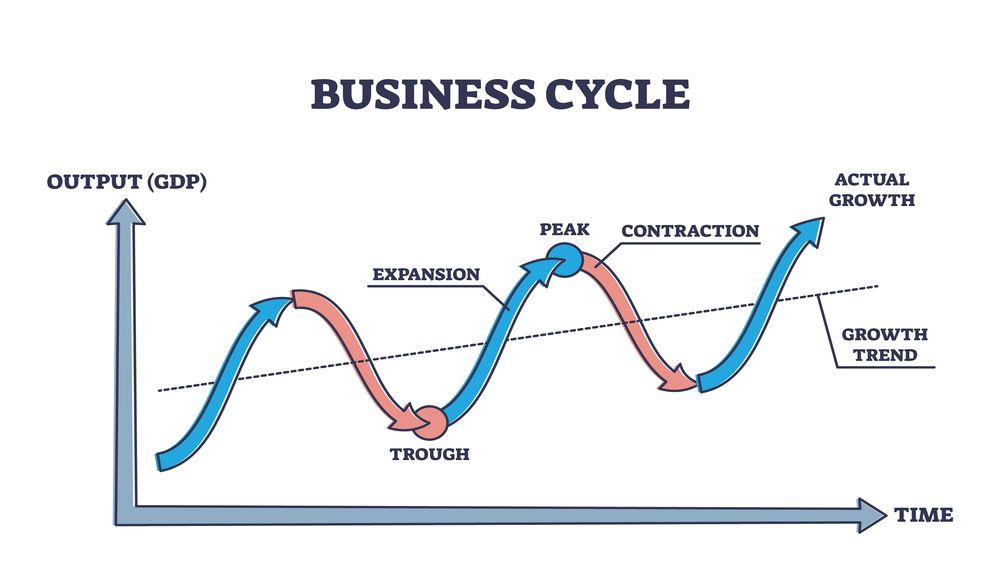What Decisions Does The Business Cycle Help Businesses

The relentless rhythm of the business cycle – expansion, peak, contraction, and trough – is a constant undercurrent impacting every facet of the modern economy. For businesses, understanding and anticipating these cyclical shifts isn't just academic; it’s a matter of survival and prosperity. Misjudging the economic tide can lead to devastating consequences, while accurate forecasting can unlock opportunities for strategic growth.
At its core, the business cycle provides a framework for businesses to make informed decisions across a spectrum of critical areas. These include investment strategies, production planning, human resource management, and financial forecasting. This article will delve into the specific decisions that businesses can make using the business cycle as a guide, exploring how different phases of the cycle influence these crucial choices.
Investment Strategies: Riding the Waves of Growth
During the expansionary phase, when economic growth is strong, businesses often ramp up investments. This might involve expanding production capacity, acquiring new equipment, or developing innovative products and services. Conversely, during a contraction, businesses tend to become more conservative, delaying or scaling back investments to preserve capital.
For example, a manufacturing company anticipating an economic expansion might invest in new machinery to meet anticipated higher demand. Conversely, fearing a recession, the same company might postpone planned upgrades and focus on maintaining existing equipment. These decisions are directly influenced by the perceived phase of the business cycle.
Capital Expenditure: Balancing Risk and Opportunity
Capital expenditure decisions are heavily influenced by business cycle dynamics. During periods of economic expansion, businesses are more likely to undertake large-scale projects, such as building new factories or expanding existing facilities. The reasoning is that increased demand will justify the expense and generate substantial returns.
However, during a recession, capital expenditures are often slashed as businesses focus on cost-cutting and preserving cash flow. Projects are delayed or cancelled entirely. This prudent approach helps companies weather the economic downturn.
Production Planning: Matching Supply with Demand
The business cycle profoundly affects production planning. During an expansion, businesses typically increase production to meet rising demand. This may involve hiring more workers, increasing work hours, and running factories at full capacity.
When a contraction looms, businesses must carefully adjust production levels to avoid accumulating excess inventory. This might involve reducing production, laying off workers, or temporarily shutting down factories. Accurate forecasting of the cycle's direction is essential for efficient production management.
Inventory Management: Avoiding Excess Stockpiles
Efficient inventory management is critical during all phases of the business cycle, but it becomes especially crucial during downturns. Overstocking during a recession can lead to significant losses as businesses are forced to sell goods at discounted prices. Conversely, understocking during an expansion can result in lost sales and customer dissatisfaction.
Businesses often utilize sophisticated forecasting models and data analytics to optimize inventory levels based on the predicted stage of the business cycle. Techniques like "just-in-time" inventory management become particularly attractive during contractions.
Human Resource Management: Navigating Labor Market Fluctuations
The business cycle significantly impacts human resource management decisions. During expansions, businesses actively recruit and hire new employees to meet growing demand. Wage increases and generous benefits packages become common as companies compete for talent.
During contractions, businesses often face difficult decisions regarding layoffs and hiring freezes. They may also reduce wages or benefits to cut costs. Understanding the business cycle helps businesses anticipate these shifts and plan accordingly.
Hiring and Firing: Adapting to Changing Conditions
Hiring and firing decisions are directly tied to the business cycle. Expansions are typically characterized by rapid job growth, while contractions often lead to widespread job losses. Businesses use leading economic indicators to anticipate these changes and adjust their staffing levels accordingly. For instance, an increase in unemployment claims might signal an impending recession, prompting businesses to slow down hiring.
Furthermore, during expansions, businesses may invest in training and development programs to enhance the skills of their workforce. During contractions, these programs are often scaled back as companies focus on survival.
Financial Forecasting: Predicting Revenue and Expenses
Accurate financial forecasting is essential for businesses to make sound decisions throughout the business cycle. During expansions, businesses typically forecast strong revenue growth and increased profitability. They may also seek to raise capital through debt or equity financing to fund expansion plans.
During contractions, businesses must prepare for declining revenues and reduced profitability. They may need to implement cost-cutting measures, such as reducing discretionary spending and negotiating better terms with suppliers. Careful financial planning is crucial for navigating these challenging times.
Cash Flow Management: Maintaining Liquidity
Cash flow management is particularly critical during recessions. Businesses need to ensure they have sufficient cash on hand to meet their obligations, such as paying salaries, rent, and suppliers. They may need to draw on credit lines or sell assets to maintain liquidity.
Robust cash flow forecasting helps businesses anticipate potential shortfalls and take proactive measures to avoid financial distress. For instance, businesses might delay capital expenditures or offer early retirement packages to reduce expenses.
Looking Ahead: The Enduring Relevance of the Business Cycle
Despite the rise of new economic models and technological advancements, the business cycle remains a fundamental concept for businesses. By carefully monitoring economic indicators, understanding the underlying drivers of cyclical fluctuations, and adapting their strategies accordingly, businesses can improve their chances of success regardless of the economic climate. The cycle doesn't cease; it evolves, requiring constant vigilance and adaptation.
Ultimately, a deep understanding of the business cycle empowers businesses to make more informed decisions, manage risks effectively, and capitalize on opportunities for growth. Ignoring its influence is a risk no company can afford to take.


/businesscycle-013-ba572c5d577c4bd6a367177a02c26423.png)
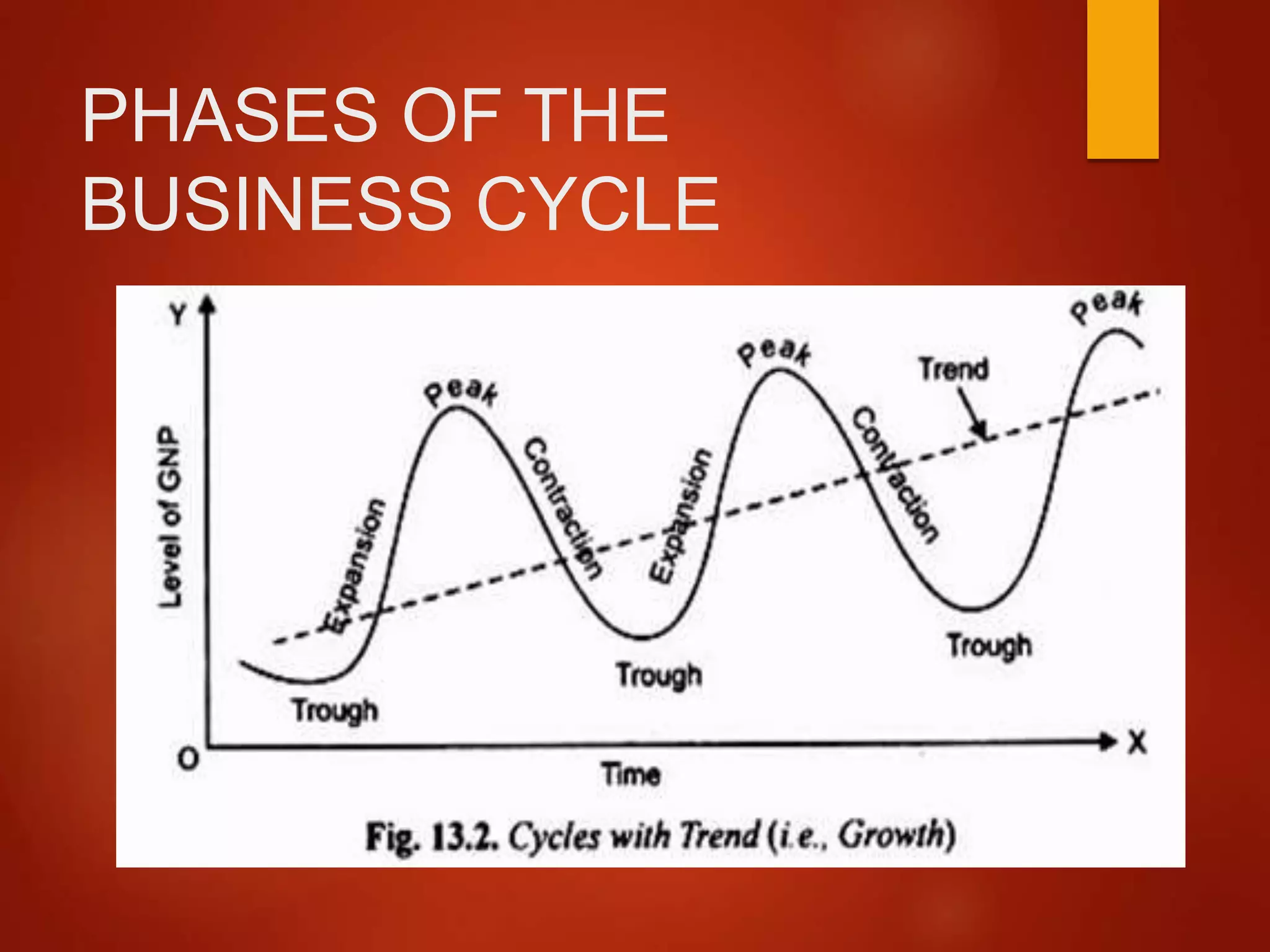
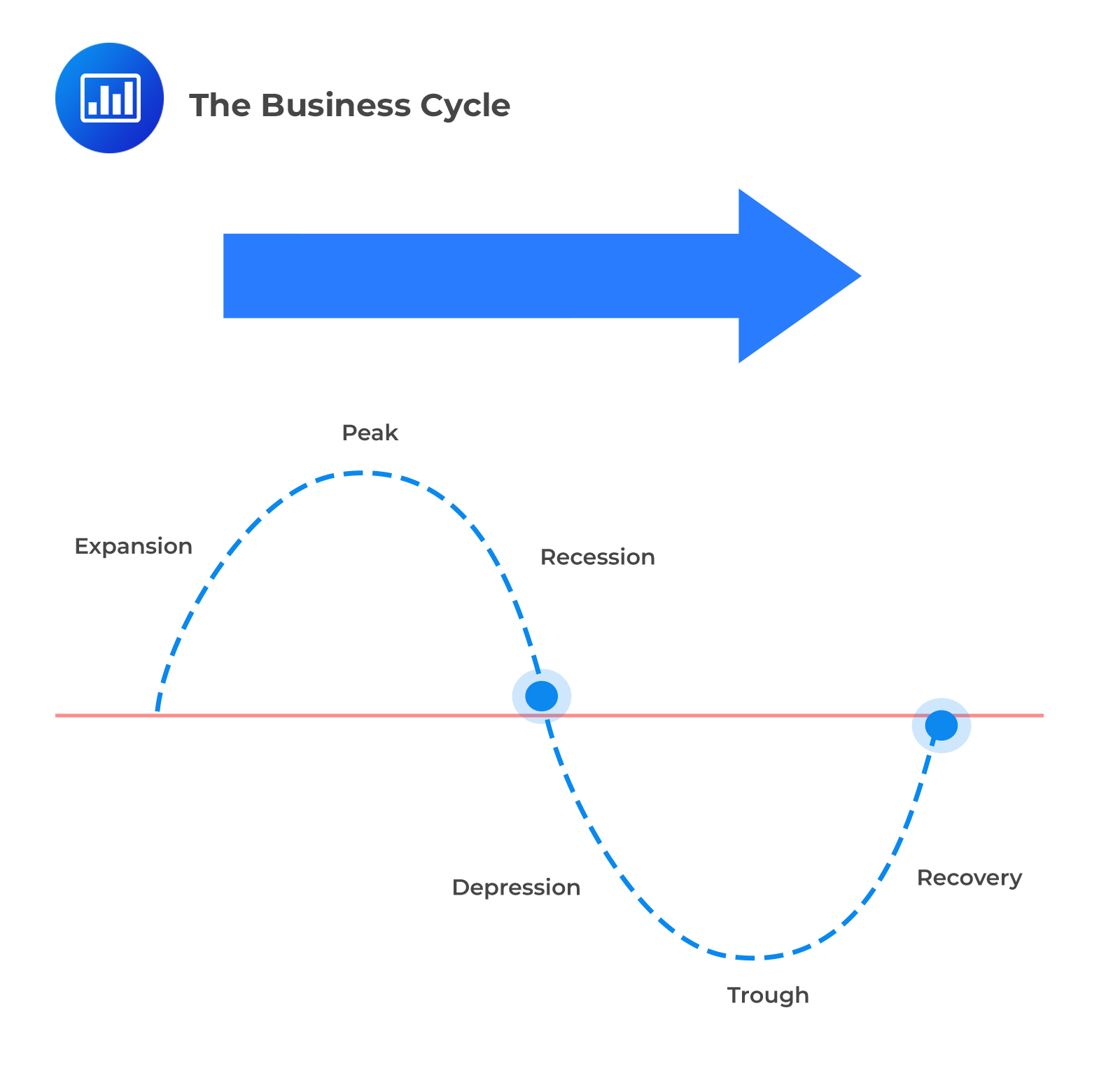
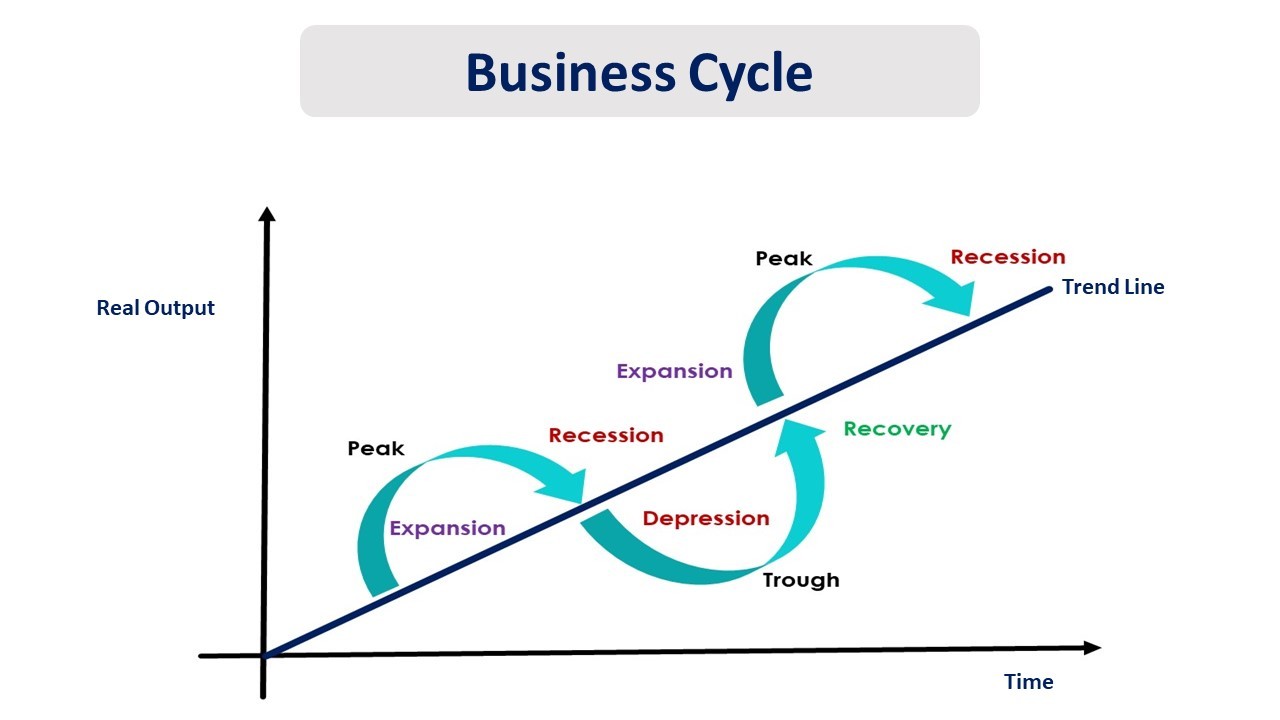

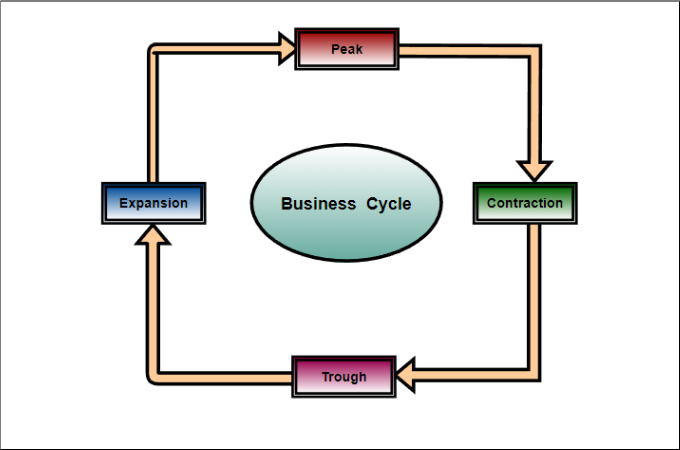
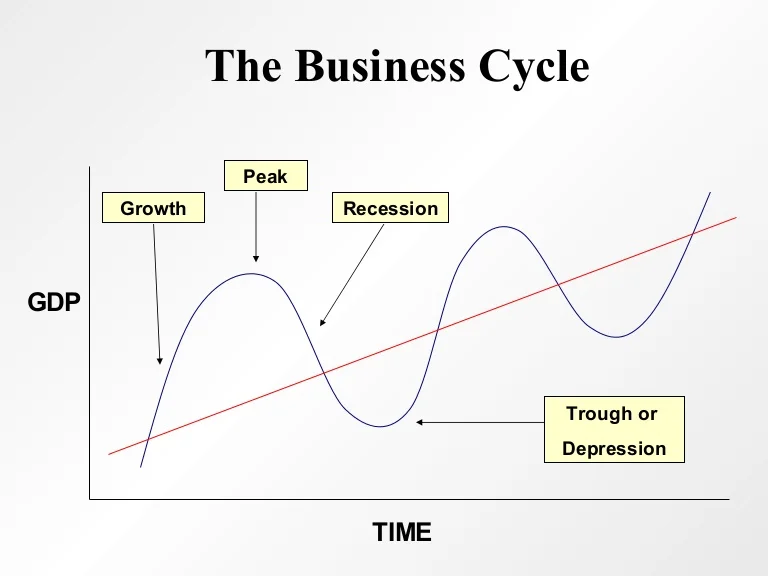
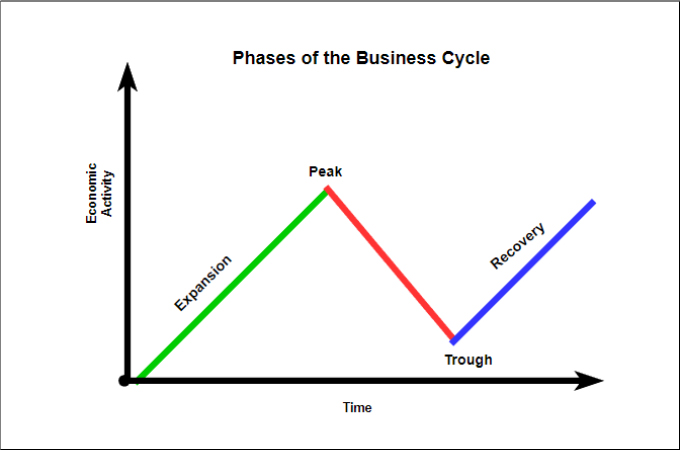



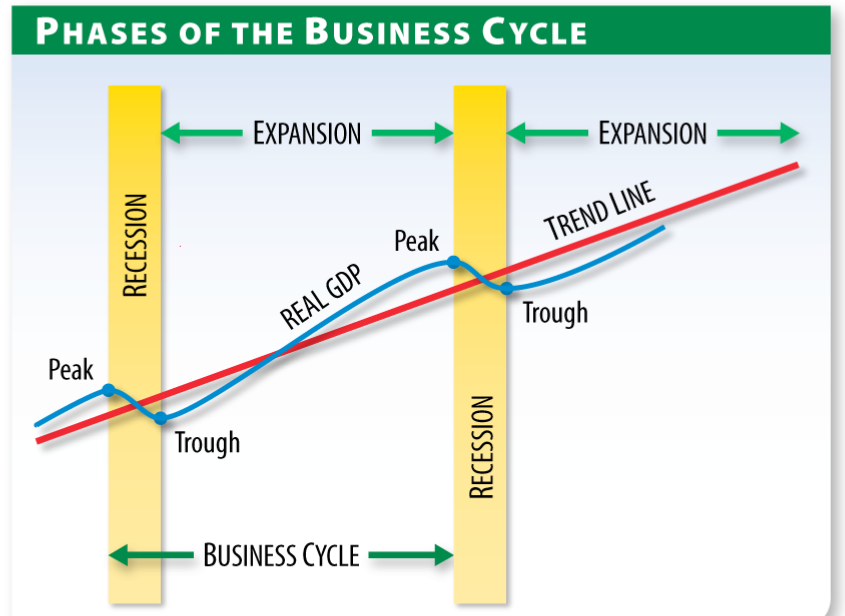
:max_bytes(150000):strip_icc()/phasesofthebusinesscycle-c7cb7a3ce6894e86a3e44d5b0fe4d5e2.jpg)
